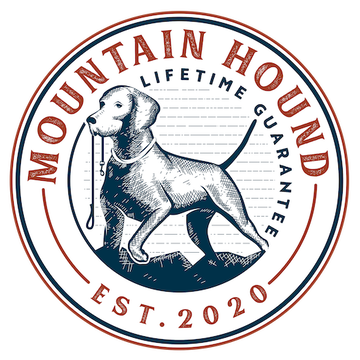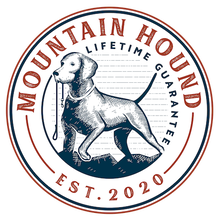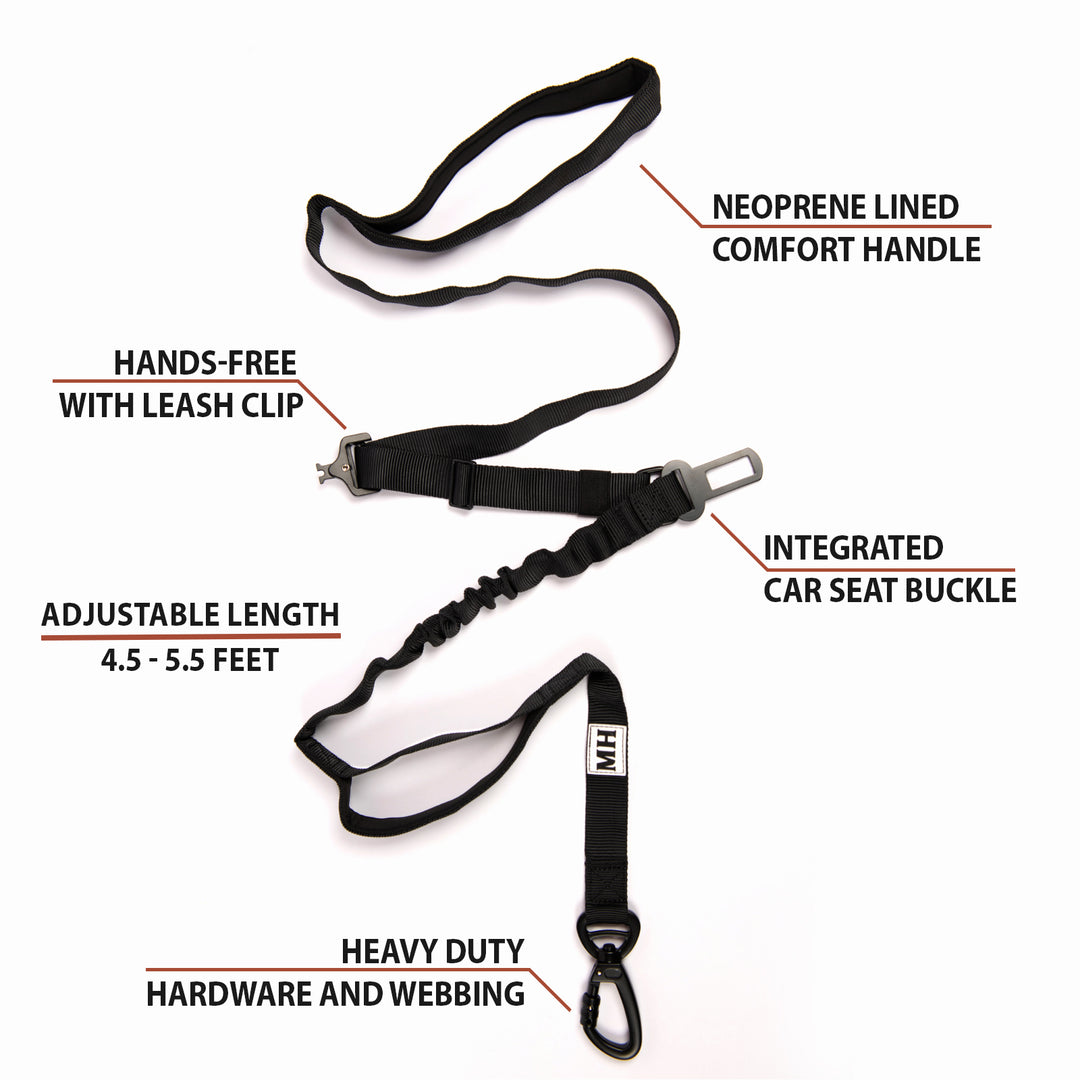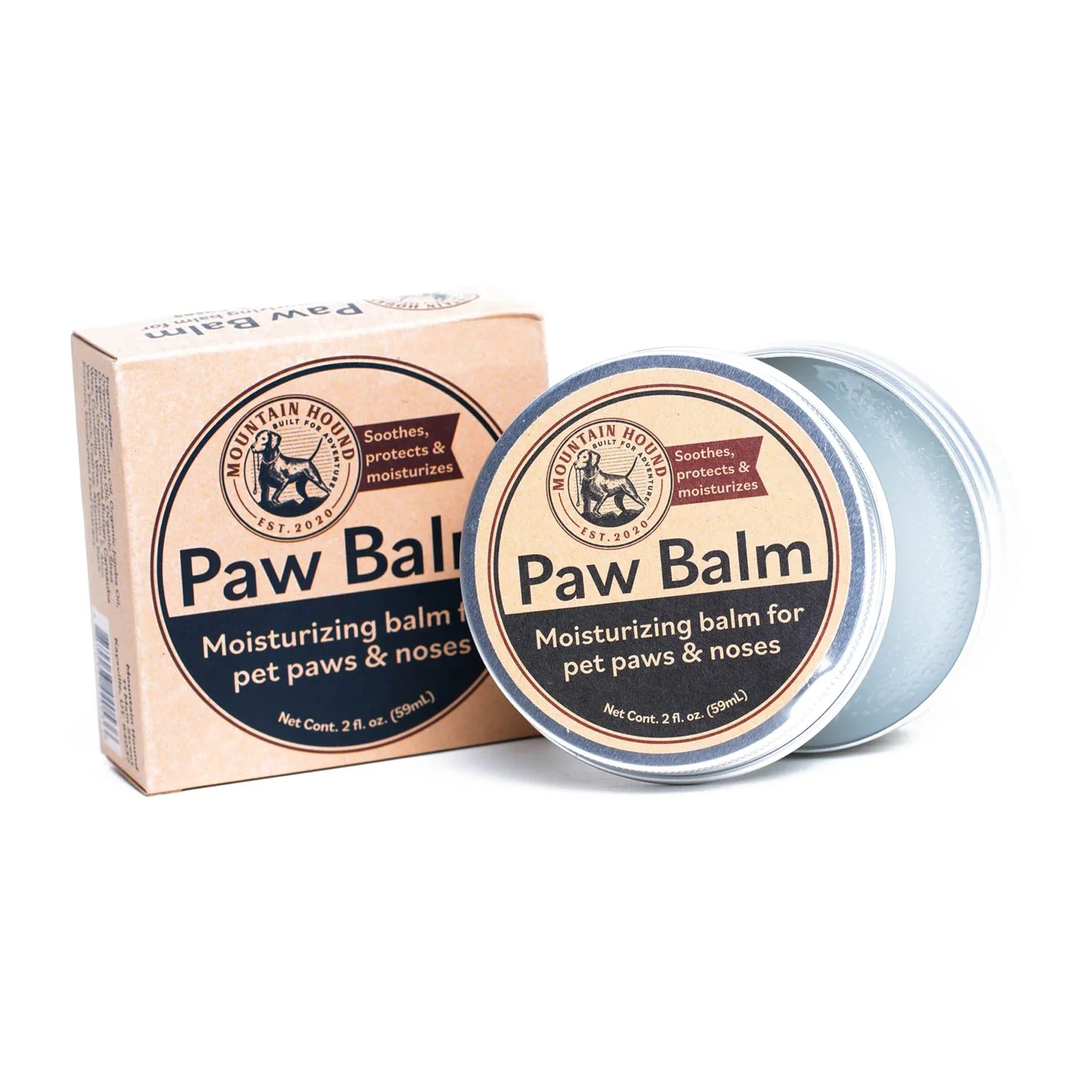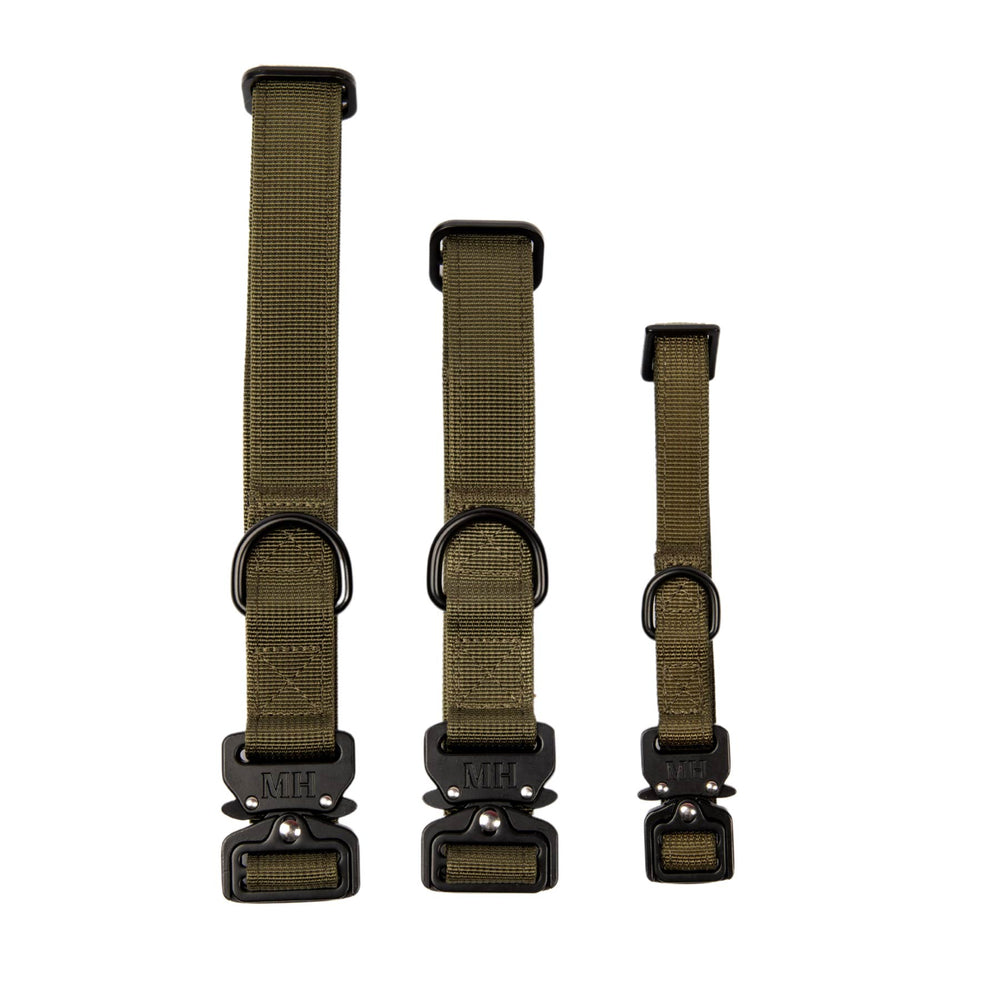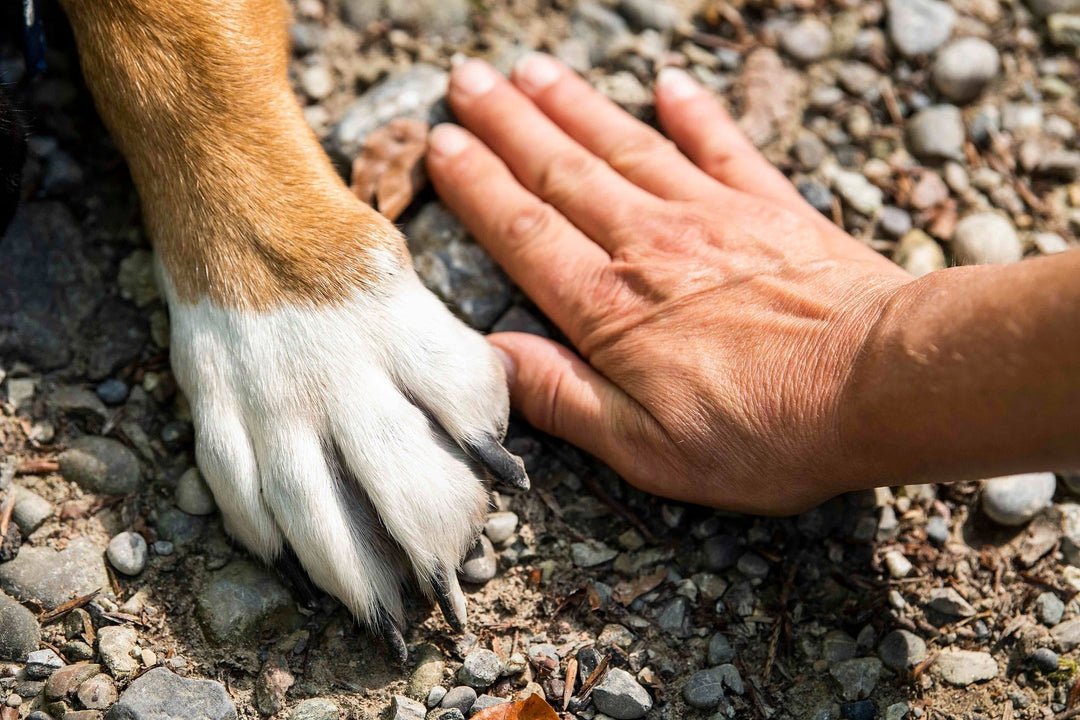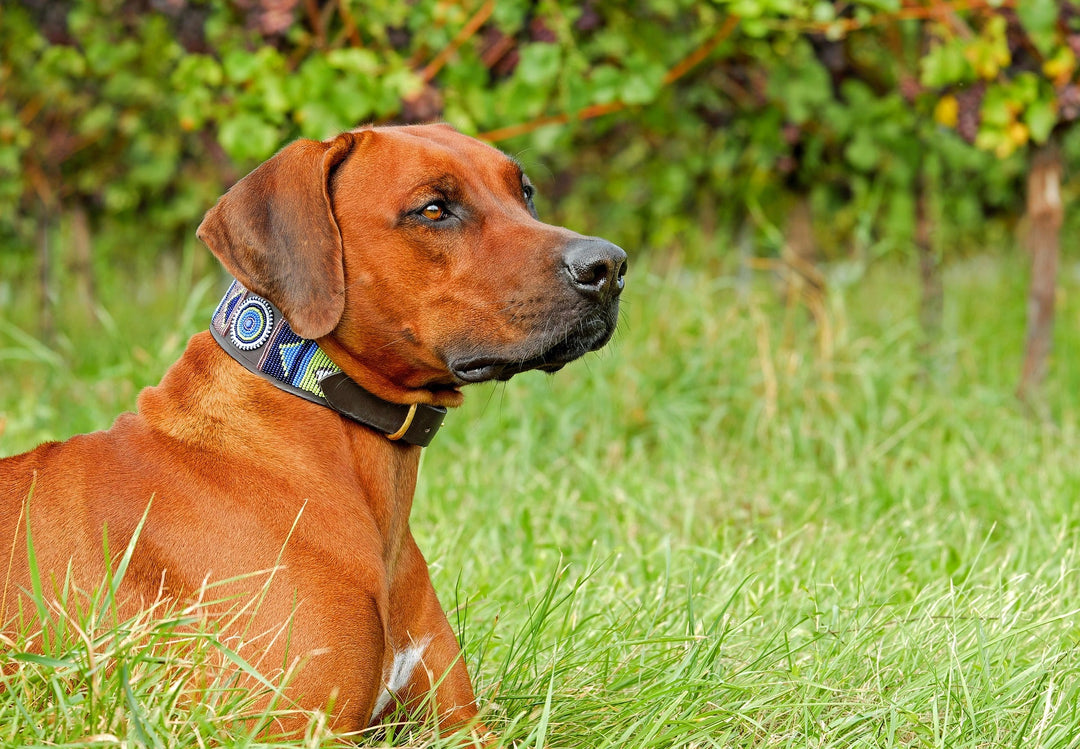Does Your Hound Have Asthma?

It's never easy watching your furry family member suffer from any kind of ailment. One particularly concerning condition that can impact your hound's health is asthma. Like their human parents, dogs can develop asthma which can affect their breathing and overall well-being. While it may seem daunting, the good news is that dogs with asthma can live happy and healthy lives with proper treatment and care. This Mountain Hound blog will explore everything you need to know about canine asthma, including its symptoms, diagnosis, treatment, and ways to minimize its impact on your dog's life.
Understanding Canine Asthma: Causes and Symptoms
Asthma in dogs is caused due to various factors such as environmental allergens, exercise (dog training), and stress. The inflammation and constriction of the dog's airways leads to difficulty breathing. The most common symptoms of asthma in canines include:
- Coughing (dry hacking)
- Wheezing
- Shortness of breath
In some cases, dogs may also show signs of lethargy, loss of appetite, and mouth breathing. If you observe any of these symptoms, knowing when to take your dog to the vet is crucial, and our advice is - as soon as possible!
How is Asthma in Dogs Diagnosed?
Diagnosing asthma in dogs can be tricky, as it shares symptoms with several other respiratory diseases. Your veterinarian may perform various tests, including X-rays, blood tests, or a bronchoscopy, to determine if your dog has asthma. Once an asthma diagnosis is confirmed, the vet will tailor an appropriate treatment plan based on the severity of the condition.
Treatment Options for Hounds with Asthma
Treatment for asthma in dogs typically involves a combination of medications to reduce inflammation and open their airways. Your veterinarian may prescribe corticosteroids, bronchodilators, or antihistamines, depending on your dog's condition.
Additionally, you may need to change your dog's diet, environment, or lifestyle to avoid triggers that can worsen asthma symptoms. Always follow your veterinarian's instructions carefully, and don't hesitate to ask as many questions as you need about asthma or seek a second opinion if required.
Ways to Minimize the Impact of Asthma on Your Dog's Life
While asthma in dogs is a chronic condition, it can be managed effectively with proper care and attention. Here are some ways pet parents can minimize the impact of asthma on their dog's life:
- Keep your dog's living environment clean and dust-free.
- Avoid exposing your dog to known allergens or irritants when dog training or when adventuring outdoors in unfamiliar environments.
- Ensure your hound gets enough exercise but avoid over-exertion when dog training.
- Wash your dog accessories and their bedding regularly
- Do not ignore any symptoms or changes in your dog's behavior.
- Follow your veterinarian's instructions carefully and schedule regular check-ups.
Last Thoughts
As a pet parent, it's essential to be aware of and prepared for any health challenges that may arise in your loveable hound's life. Always take your dog to the vet if you notice any asthma symptoms so that the condition can be diagnosed and treated promptly. By following your veterinarian's instructions and taking proactive steps to minimize asthma triggers, you can ensure your dog stays healthy, happy, and in tip-top tail-wagging condition.
Image by Attila Nagy from Pixabay
